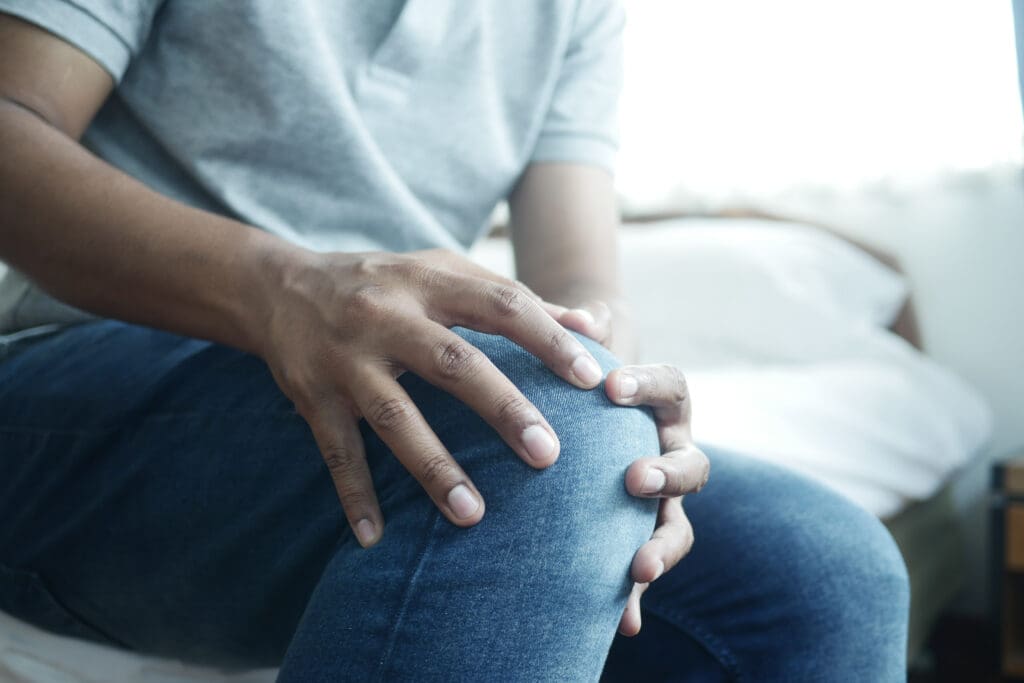
Pain comes in a wide array of shapes, sizes, sources, and solutions. At some point, in some way, everyone experiences it. You could say that “pain” is one of the things we all have in common.
And pain has a remarkable capacity to get our attention. It doesn’t really matter what you’re doing at the time. Pain interrupts the moment and announces its presence, oblivious to whatever else you had planned.
You may be unsure where it came from. You may not have a clue what to do with it. What you do know is that you want it to go away! Immediately! Everything else will have to wait while you deal with this unwelcome guest.
Pain is defined as “an unpleasant or distressing feeling caused by intense or damaging stimuli.” That seems like a bland and insufficient explanation to someone experiencing excruciating and extensive suffering.
Identifying Pain
Over time, we learn to identify regular sources of pain. A few really smart people listen and gain knowledge from the wise counsel of others. The rest of us must learn the hard way… usually more than once… from firsthand experience.
“Pain avoidance” is generally a good thing. It sounds simple, doesn’t it? You go to the doctor and say, “It hurts when I do this.” So, the doctor says, “Stop doing that.” In a healthy context, we discover how to apply the insight we’ve gained by making better decisions in the future.
Of course, pain avoidance can lead to addiction, fear, and distrust. Some people become so afraid of experiencing pain that they become disabled in their daily activities and relationships… even toward things that were never associated with their previous pain.
I recently had hip replacement surgery. My right hip had been getting progressively worse and hurting more for several years. It began by limiting my ability to exercise and play sports. It got to the point where walking, sitting, and sleeping was painful. I finally had to decide enough was enough.
I didn’t want to be off work, endure the procedure, or spend the money to fix it. I was too busy, too scared, and too cheap to schedule surgery. I spent a year getting steroid shots in the hope of finding a cheaper, less invasive solution, to no avail.
On The Other Side
Now, on the other side of the surgery, I realize that I probably waited too long. I’m still hurting a lot, but I’ve been “managing pain” for years now and the problem wasn’t getting any better. Strangely enough, you can get used to pain, try to compensate for it, and forget what “normal” feels like.
Usually, pain lets us know there’s a problem that needs to be addressed. If we don’t know what’s wrong, we need to ask someone who probably does. If we aren’t sure how to fix it, we need to reach out to someone we trust who can help.
Back in 1940, C.S. Lewis wrote a book entitled, “The Problem of Pain.” He says, “We can ignore even pleasure. But pain insists upon being attended to. God whispers to us in our pleasures, speaks in our conscience, but shouts in our pains: it is his megaphone to rouse a deaf world.”
Ultimately, we should let no pain be wasted. Pain can be used by our good and gracious God to provide valuable insight and bring about needed change in our lives. Ideally, our suffering should draw us closer to Him.
Living Closer With God
You were created to live in a loving relationship with Almighty God for eternity. Don’t settle for chasing after momentary pleasure. And don’t judge God based on your temporary circumstances. Evaluate your circumstances based on what you know and believe about God.
“Trust in the Lord with all your heart; do not depend on your own understanding. Seek his will in all you do, and he will show you which path to take” (Proverbs 3:5-6).
“And we know that God causes everything to work together for the good of those who love God and are called according to his purpose for them” (Romans 8:28).
Now, I need to go take some Tylenol and do my physical therapy exercises.
Recent Posts
Bible Passages about the Resurrection For people who follow Jesus, Easter is more than just a fun time to gather with family and friends. For Christians, Easter is…
What is Lent? Lent is a forty day period of fasting, prayer, and meditation that begins on Ash Wednesday and ends on Easter. You may be thinking…
When did Jesus die? Can we say for sure when it happened? While the Bible provides a lot of insight into the events around Jesus death, it’s not…




